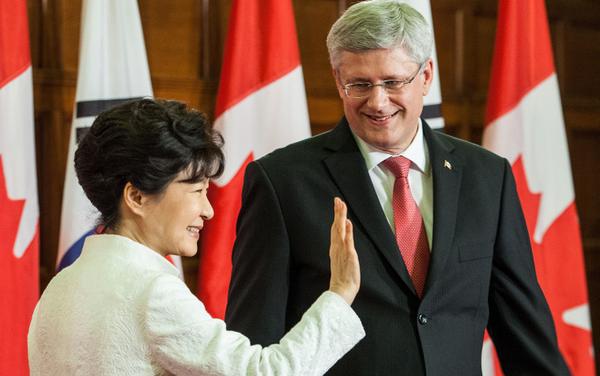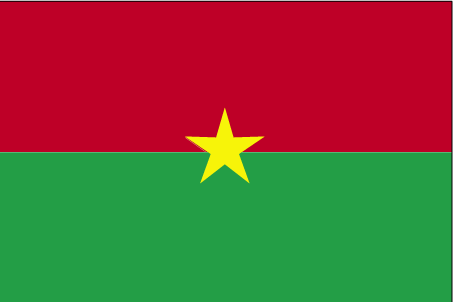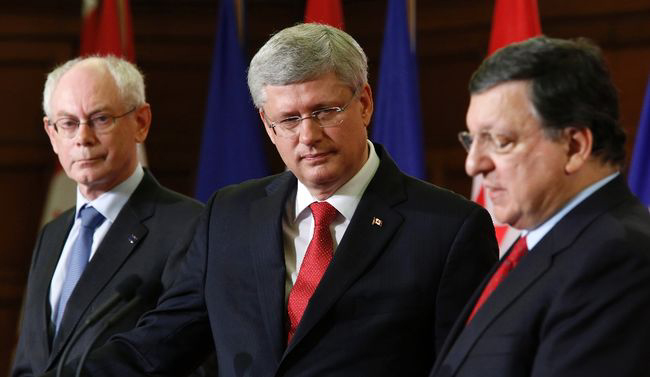What does the Canada-South Korea Free Trade Agreement mean for Canadians?
On March 11, 2014, South Korean President, Park Geun-Hye and Prime Minister Stephen Harper concluded negotiations on a Free Trade Agreement (FTA) between South Korea and Canada. Since with Ms. Park’s visit to Canada in September this year, the leaders of both countries formalized the agreement, which is especially important since it is Canada’s first FTA in Asia. The article focuses on the effects of this treaty on the Canadian population.
South Korea is ranked as the world’s 15th largest economy, which has an annual GDP of $1.3 trillion and it sustains a population of 50 million people. It has been estimated that the Canada-South Korea Free Trade Agreement (CKFTA) will create thousands of jobs for Canadians since it will increase Canadian exports to South Korea by 32 percent. This in turn is likely to boost economy by $1.7 billion. Harper’s efforts to securing trade deals with the EU and now with South Korea are significant since it levels up the playing field for Canadian businesses competing with South Korea’s other trade partners including the US. The main advantages to Canada from the CKFTA include lower prices and greater choices in the market for its consumers; business opportunities in the agriculture industry, and greater service outsourcing.
However, when the US signed a similar agreement with South Korea in 2011, US exports to South Korea dropped by 5 percent while its imports increased by 11 percent, increasing the US trade deficit by $8.3 billion. The US did not gain much from signing a treaty with South Korea. Canadians should try and avoid the mistakes made by their American counterparts. They must ensure that their trade with South Korea is not only mutually beneficial, but also balanced. It is speculated that the agreement will hurt Canadian auto mobile manufactures given the dominance of Korean car brands like Hyundai or KIA. However, only time will testify if the CKFTA is ideal for Canadians.
Politically, this treaty is significant. It signifies that Canada is interested in expanding trade and strengthening ties in the Asia-Pacific region. Being well-positioned in this region against competitors is vital for Canada’s long-term economic prosperity. The CKFTA will tap into unrealized potential and create jobs and opportunities for businesses and workers. It serves as a portal for Canadian businesses to the Asian market. The agreement will also enable Canadian businessmen and workers to take advantage of South Korean markets since it is a strong base for expanding operations and one of the most important second-tier powers besides Canada.
Overall, in Canadian international relations this treaty is a landmark as being the first of its kind. It demonstrates Canada’s ability and willingness to put itself out there as an important player in global affairs and strengthens its ties both economically and politically, with an important Asian power.




